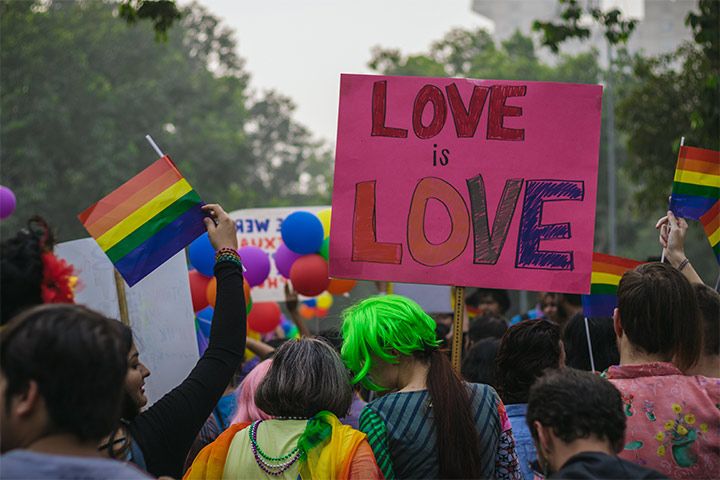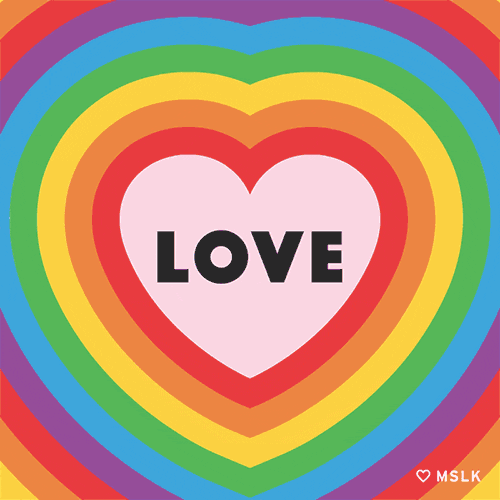
Today, India marks the one year anniversary of the victory over Section 377 of the Indian Penal Code (IPC), the draconian law that made consensual same-sex relationships illegal in the country. Section 377 was scrapped after decades of a fight against it by activists and advocates of gay and queer rights in India.
What Is Section 377?
Section 377 of the IPC was introduced in 1861 during the British rule in India. It made any activities ‘against the order of nature’ illegal. Thereby making homosexuality a punishable offense in the country.
Whoever voluntarily has carnal intercourse against the order of nature with any man, woman or animal, shall be punished with imprisonment for life, or with imprisonment of either description for a term which may extend to ten years, and shall also be liable to fine.
On September 6, 2018, exactly a year ago, the Supreme Court of India repealed Section 377, enabling the LGBTQIA+ community in India to openly express their sexuality.
What Has Changed In The Last Year?
The verdict helped many individuals come out of the closet and publicly embrace their sexuality. For instance, national sprinter Dutee Chand became the first sportsperson in India to publicly declare her same-sex relationship.
Lilly Singh AKA iiSuperwomanii came out as a bisexual, paving the way for gay people around the world.
Menaka Guruswamy and Arundhati Katju, the lawyers that fought against section 377, came out as a couple.
Anjali Chakra, a Hindu woman from India, and Sundas Malik, a Muslim artist from Pakistan, created a beautiful photoshoot celebrating their one-year anniversary, which went viral around the world.
Representation In Films
The year made way for mainstream representation of LGBTQIA+ characters in films. In Ek Ladki Ko Dekha Toh Aisa Laga, one of the top actors in Bollywood, Sonam Kapoor, played a lesbian character. The film, written by transwoman Gazal Dhaliwal, highlighted the troubles lesbian couples face when coming out to their families.
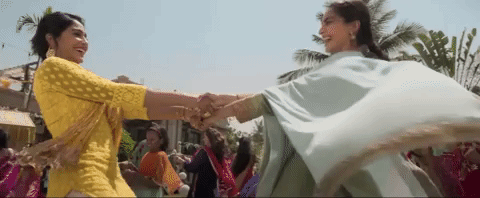
Made In Heaven, a web series on Netflix, portrayed the stories of two gay characters played by Vinay Pathak and Arjun Mathur. Both characters were depicted with nuance and empathy, and their storylines dealt with a range of issues from coming out to one’s family to repressing one’s sexuality out of fear of society.
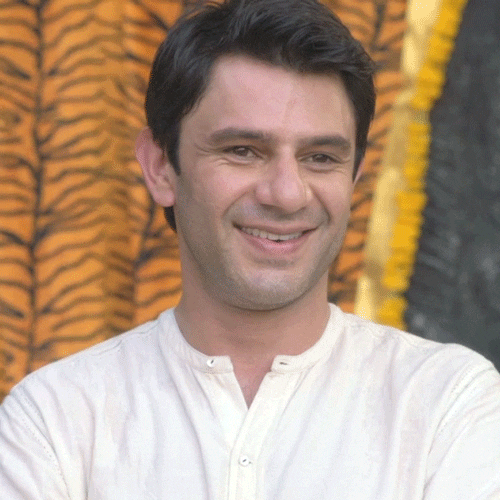
Other Key Rainbow Moments
Earlier this year, on January 28, the Rashtrapati Bhavan lit up with Pride colours.
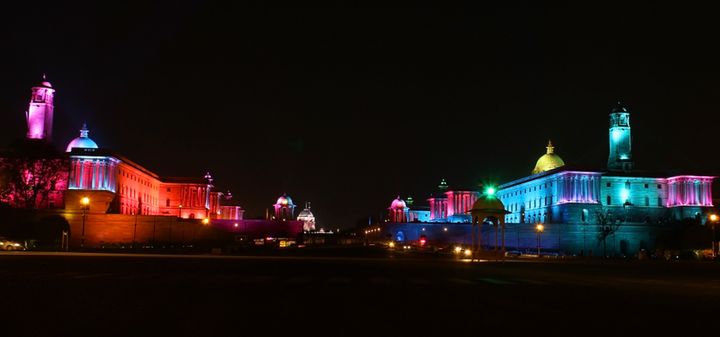
On August 15, the LGBTQIA+ community celebrated its first Independence Day, by releasing their own version of the National Anthem.
Moving Forward
Slowly, yet surely, the conversation on the acceptance of homosexuality is moving forward in India. However, there is still a long way to go. Members of the LGBTQIA+ community are still vulnerable to violence and discrimination. There is still a struggle to be accepted by one’s family and society at large. It’s still difficult to be openly gay in the workplace. The effects of the verdict still need to trickle down to social and cultural spaces.
There is a need for more conversation on gay rights, including topics such as marriage, divorce, inheritance, and adoption. Social awareness and discussion must continue to enable acceptance and access to opportunities and to do away with discrimination altogether.
We often have such discussions at Malini’s Girl Tribe. To be a part of them, join the tribe here.

